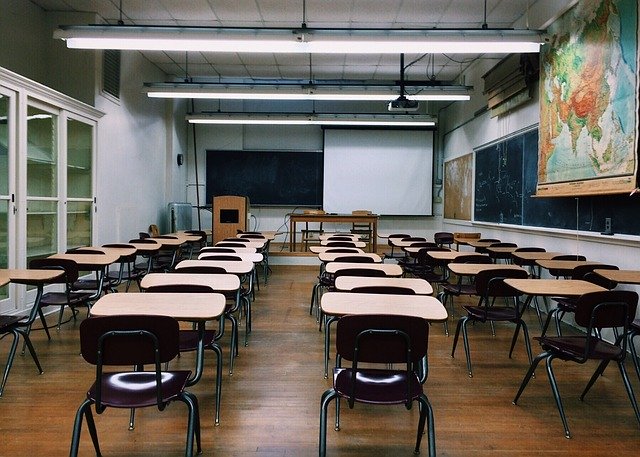
Chester E. Finn Jr.’s review in the Winter 2020 Education Next of our book Let the Children Play reveals a startling lack of knowledge of medical guidelines for children in school, including children in poverty.
Finn contends that our policy message, the need for more intellectual and physical play in school, “portends damage to children and society at least as severe as the practices the authors rightly deplore.” The reason, Finn asserts without evidence, is that playful teaching and learning “does little harm to middle-class kids,” but “for children from troubled circumstances it’s a recipe for failure.”
In fact, the exact opposite is true, according to the American Academy of Pediatrics, representing the nation’s 67,000 children’s doctors, which declares in its 2012 clinical report on play and children in poverty that “the lifelong success of children is based on their ability to be creative and to apply the lessons learned from playing.”
In the report, the AAP says that “play should be an integral component of school engagement,” and “for children who are underresourced to reach their highest potential, it is essential that parents, educators, and pediatricians recognize the importance of lifelong benefits that children gain from play.” The doctors added: “It could be argued that active play is so central to child development that it should be included in the very definition of childhood. Play offers more than cherished memories of growing up, it allows children to develop creativity and imagination while developing physical, cognitive, and emotional strengths.”
Some self-styled education reformers may see playful learning and teaching as a “recipe for failure,” but the nation’s children’s doctors believe that “play, in all its forms, needs to be considered as the ideal educational and developmental milieu for children,” including children in poverty. The power of play is also well understood by our teachers. Unfortunately, their views are often overruled by the assumption by some non-educators that play somehow threatens discipline and achievement.
Play is the learning language of children, and a critical foundation of life success. Teachers and pediatricians know that in school it can take many forms, including recess, free play and guided learning through play, playful teaching and learning and experimentation without fear of failure, and creative physical and intellectual expression through the arts and high-quality physical education. All children need it in regular doses, including and especially children in troubled circumstances.
An argument against play in school for any group of children is a reckless violation of the clinical position of America’s pediatricians and an insult to our teachers and students, and should be dismissed as such.
William Doyle and Pasi Sahlberg are authors of Let The Children Play: How More Play Will Save Our Schools and Help Children Thrive (Oxford University Press, 2019).
Colorado News https://coloradomedia.co